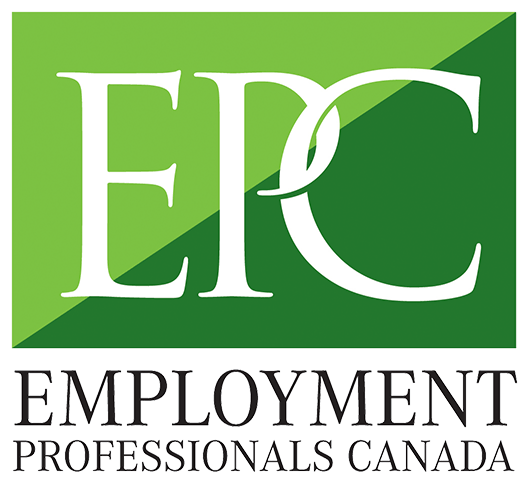A resume is a list of all of your education, work experience and other qualifications that tell an employer that you’ve got what it takes to get the job done right.
Your cover letter is a different matter entirely – and don’t forget to include it.
Your cover letter is where you get to be you and tell everyone what you’re all about.
It’s not only an introduction to a potential employer, but it’s also the place where you get to share your story and why you would be a good fit for a company, says Kristen Gray, an employment counsellor with Job Gym.
An employer might receive stacks of resumes with qualified applicants, so it can be difficult to choose a resume that stands out from the pile of other resumes.
“Cover letters are your opportunity to explain things further. They are important because cover letters can make a final decision for someone,” she says.
Here is some advice to think about if you’re ready to apply for that job.
Cover letters explain why you want the job
It’s a question all employers want to know – “Why do you want this job?” You’ll want to answer that in your letter.
Take this real-life example into consideration. A retired science teacher with more than 25 years in the industry wanted a career change. So, he decided to apply for an entry-level position in a wine lab.
“The cover letter was his opportunity to explain why a teacher was applying for that position,” Gray says.
In his cover letter, the teacher wrote that he wanted a new challenge. He was familiar with the equipment used in the lab; it was the very same equipment he used to teach within the classroom!
Sometimes, Gray says people appear overqualified on paper, this is where they can explain why they are applying for a lower job or vice versa.
Choose the right tone
The tone of your cover letter depends on the job you’re applying for. For example, if you’re applying to work as an employment counsellor, Gray says your letter should be “tight, and targeted” whereas an engineer’s letter would be technical and address the types of machines he has worked with.
It’s important to think about tone before you sit down to write your cover letter.
Don’t be afraid to use bullet points
Gray says sometimes it can be helpful to make a list of your key qualifications and explain how these can benefit the company you want to work for. It makes the letter clear, precise, and most importantly, organized.
Address the hiring person directly
The phrase ‘To whom it may concern is dead.’
Instead, Gray recommends using Dear, John Smith, or Attention: John Smith, depending on your personal preference.
“If you get the name, make sure you get the correct spelling and if the employer has taken the time to put a name in the job posting, you should be using it,” Gray says.
Don’t add Mr., Ms. or Mrs., Gray says because it isn’t very professional for resumes.
Use a professional e-mail
For the most part, people have figured out they shouldn’t list an inappropriate email on their cover letter, but some job seekers forget that when they send a resume out employers can still see their email address.
“I once had someone email me a resume from their email account Sexybeast69. An employer can see that.”
It’s important to think about the message you want to send out to an employer when you submit a resume online, which is just as important as your appearance during a live interview.
Gray says your email address should consist of a first initial, the last name and a number or a similar variation.
Armed with these tips, you’re ready to write a cover letter that will impress.
Have questions? Don’t hesitate to contact one of the experts and Employment Professionals Canada today!

